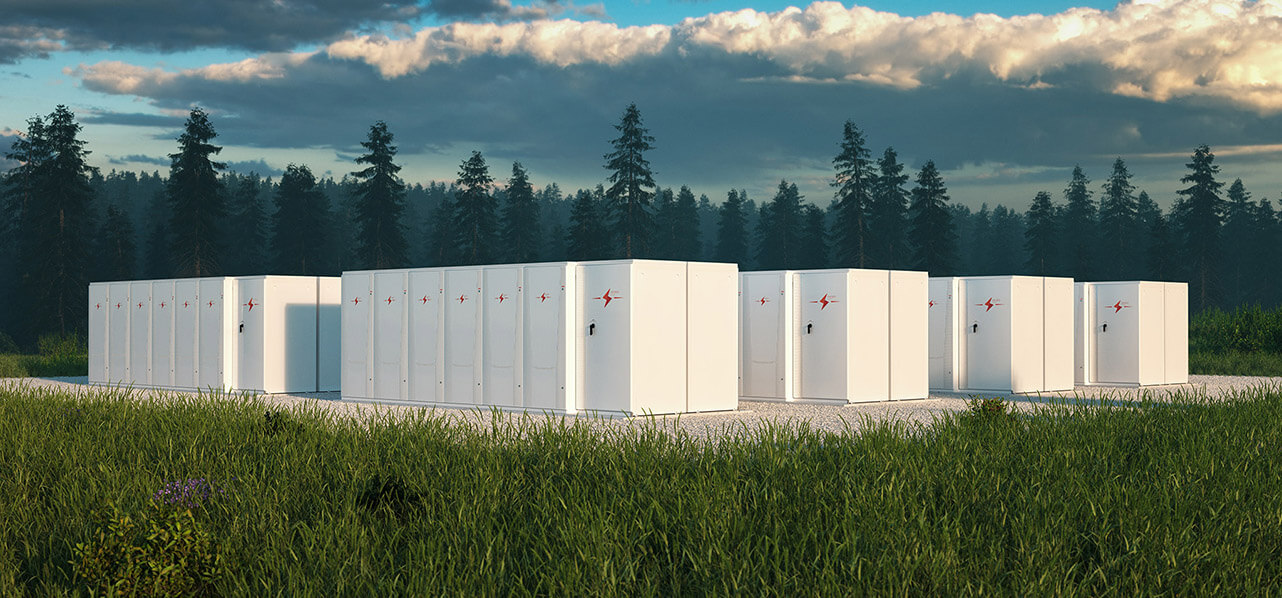Partner Düsseldorf
"Germany’s new government aims to implement special relief for energy-intensive companies in form of a so-called “industrial electricity price” (Industriestrompreis) provided it complies with state aid law."
German industry has been affected by very high energy prices since the disruptions to the energy markets in recent years. This is a decisive disadvantage for energy-intensive industries, particularly internationally. According to its coalition agreement, Germany’s new government intends to reduce energy costs with various measures. As an immediate measure, it plans to reduce the electricity tax to the EU minimum, as well as reduce levies and grid fees. Furthermore, grid fees will be permanently capped. It also intends to extend electricity price compensation permanently, as well as to roll this out to other sectors also.
In addition, it aims to implement special relief for energy-intensive companies in form of a so-called “industrial electricity price” (Industriestrompreis) provided it complies with state aid law. However, the coalition agreement does not specify how this special relief will be structured in detail. It is clear only that the support mechanism for industry electrical prices must comply with state aid law requires.
In the past, there have been repeated plans to introduce an industrial electricity price. A Ministry of Economic Affairs’ plan from May 2023 envisaged various long- and short-term measures. In particularly, the introduction of a “bridging electricity price” (Brückenstrompreis) amounting to six cents per kilowatt hour was planned for energy-intensive industries subject to international competition. The model of the bridging electricity price was planned to be designed to be similar to the familiar model of the special equalisation scheme (Besondere Ausgleichsregelung) in the German Renewable Energies Sources Act (Erneuerbare Energien Gesetz – EEG) and the Energy Financing Act (Energiefinanzierungsgesetz – EnFG). In that model, the procurement of electricity was to be carried out by the relevant industrial company itself. Based on the average exchange price, the price exceeding six cents per kilowatt hour should have been reimbursed to the respective energy intensive company. However, the price cap and reimbursement would only have applied to 80% of the company’s consumption and until 2030. The planned model also included a transformation obligation (Transformationsverpflichtung) for companies to achieve climate neutrality by 2045.
"Irrespective of the ultimate form of the scheme, energy-intensive companies should keep a close eye on the developments."
We consider it unlikely that the above model – particularly the bridging price model – will be implemented (as planned) by the new federal government. However, it is possible that the industrial electricity price planned by the new federal government could be based on it. In particular, it is feasible that the industrial electricity price will be based on the design of the special equalisation scheme and corresponding provisions in the EEG and EnFG. Alternatively, the subsidies could also be based on a new law based on the structure and mechanism of the Electricity Price Brake Act (Strompreisbremsegesetz – StromPBG). In this case, however, it would be crucial to eliminate the conceptual and substantive inconsistencies of the StromPBG prior to implementing said new law. In addition, it is also likely that the selection of subsidised industrial companies will be based on the so-called KUEBELL list (Guidelines on State aid for climate, environmental protection and energy 2022 – ANNEX 1).
Against this background, it does not seem unlikely that a new scheme will at least rely on established mechanisms from the past. However, it remains unclear how the new system of industry electricity prices will look in detail. Alternatively, it may look at systems in other European countries that offer particular tariffs and conditions to heavy industries.
Irrespective of the ultimate form of the scheme, energy-intensive companies should keep a close eye on the developments and familiarise as early as possible with the new scheme to benefit as soon as possible from such new opportunities.
Click here to view all articles in our series about the German federal government’s 2025 coalition agreement which offer a legal and practical assessment of selected topics from the coalition agreement.
Key contacts
Partner Düsseldorf
Managing Associate Düsseldorf





